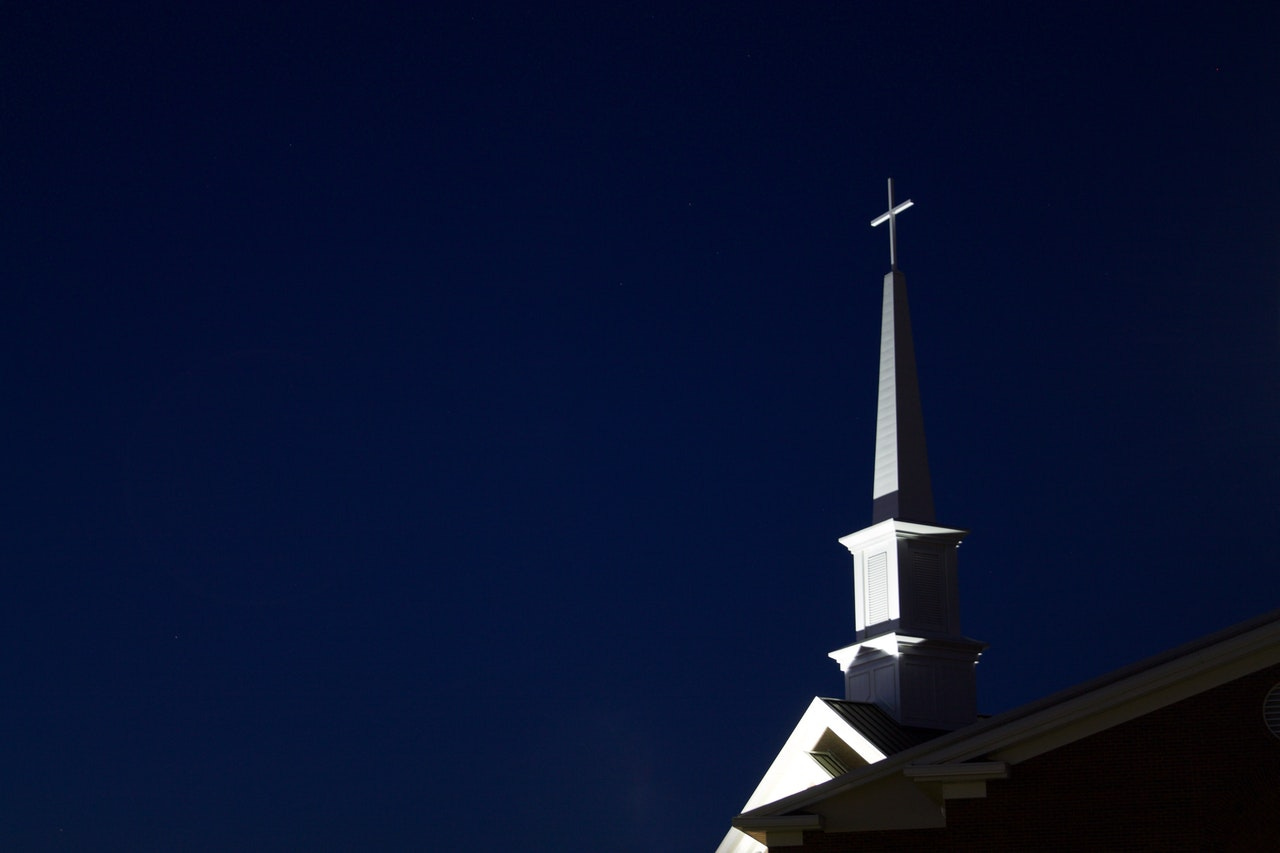How My Evangelical Childhood Prepared Me for the Great Awokening
A Personal Essay
The following is an unedited draft of a 2018 essay that was later published. It’s long and rough, but remains one of my favorite things I’ve ever written, and I come back to its ideas often.
I remember, vividly, as a 11 or 12 year old, standing at the counter of the used video game store with my Dad. This wasn’t the usual transaction, because that day I …



